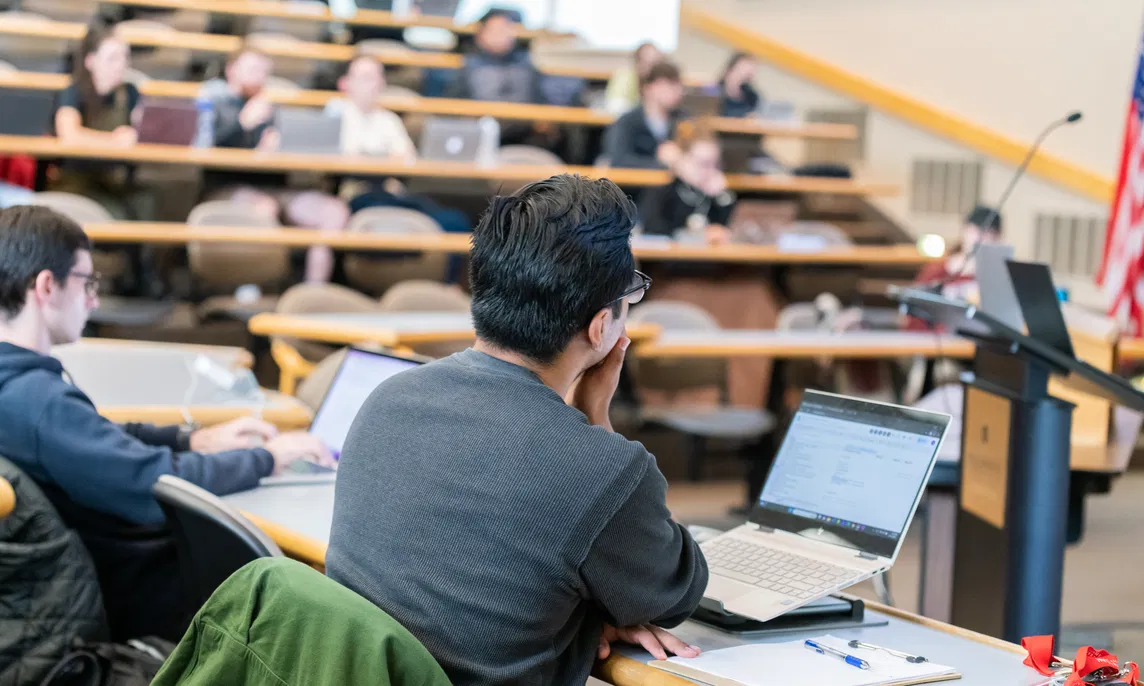Local Organizations
Students also have opportunities to engage with Oregon’s elder community through partnerships with local organizations such as the Lebanon Senior Center or the Confederated Tribes of the Ronde. These experiences provide the ultimate preparation for practice transforming legal theory into advocacy and practice.





